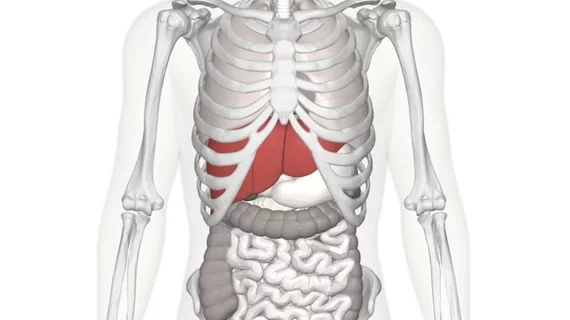1-month post-RT imaging unnecessary for liver cancer patients
Early imaging findings for selective internal radiation therapy (SIRT) rarely changed clinical management of hepatocellular carcinoma (HCC) patients a month after treatment imaging, according to research published Aug. 3 in Diagnostic and Interventional Imaging.
However, it is still frequently performed, according to lead author Shamar Young, MD, assistant professor of radiology at the University of Minnesota Medical School, and colleagues.
“Treatment effect is more reliably determined on imaging at 90 days following SIRT, [but] imaging at one-month post-SIRT is still frequently performed,” Young et al. wrote. “This raises the question as to whether imaging at one month following SIRT is clinically warranted.”
For their study, the researchers analyzed a total of 85 patients (69 percent men, average age of 62 years) who underwent SIRT treatment at one-month post-treatment imaging for either primary or secondary hepatic tumors between January 2012 and January 2016. Young and colleagues then reviewed patients’ medical records for procedural, historical, laboratory and imaging information.
If an imaging study for a patient resulted in the addition of a new procedure, canceled a planned procedure or changed in systemic therapy, it was determined to have changed the patient’s clinical management, according to the researchers.
They found that only 9 percent of treatments had management changes led by imaging findings from one-month post-treatment. For specific cancer types, 3 percent of HCC treatments had management changed, compared to 16.7 percent of non-HCC treatments, suggesting that one-month post-SIRT imaging is more appropriate for non-HCC patients.
“Management is rarely changed by one-month post-SIRT imaging in patients with HCC and thus is likely unwarranted,” according to the researchers. “Conversely, in non-HCC patients, one-month post-SIRT imaging led to a significant percentage of clinical management changes suggesting that one-month imaging in this setting is likely warranted.”

